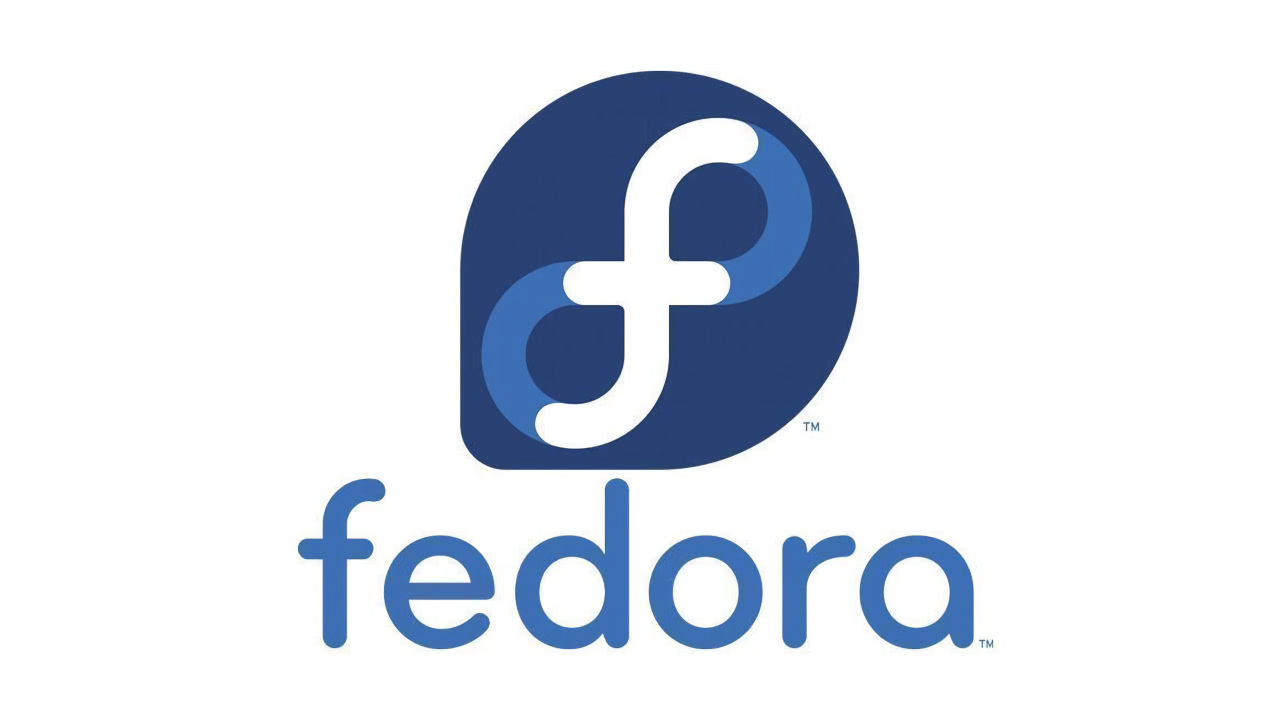Support for Linux on the open RISC-V instruction set architecture (ISA) continues to improve, with patches to the QEMU emulator proving stable enough for the Fedora project to build and distribute RISC-V bootable disk images.
Announced on the RISC-V software development mailing list late last night by Red Hat’s Richard Jones, the disk images provide what Richard describes as “a reasonable although still rather minimal Linux distro for RISC-V development” featuring an OpenSSH server, around 6,000 packages including most core Fedora packages, Perl 5.26, Python 2.7 and 3.6, and GCC 7.3.1. The caveats: support for systemd is still in progress, and the C++ compiler – though not the C compiler – is known to be faulty, with a fix in the works.
The disk images are built in the open-source QEMU emulator and machine virtualisation platform, which has ongoing patches for RISC-V support led by Michael Clark. Confirmation of the stability of these patches was provided by Richard to the QEMU mailing list in a post describing the platform’s patch set as “rock solid.”
The Fedora RISC-V disk images are available for download now from the Fedora People website, and can be booted on RISC-V hardware or Richard’s patched QEMU build.
